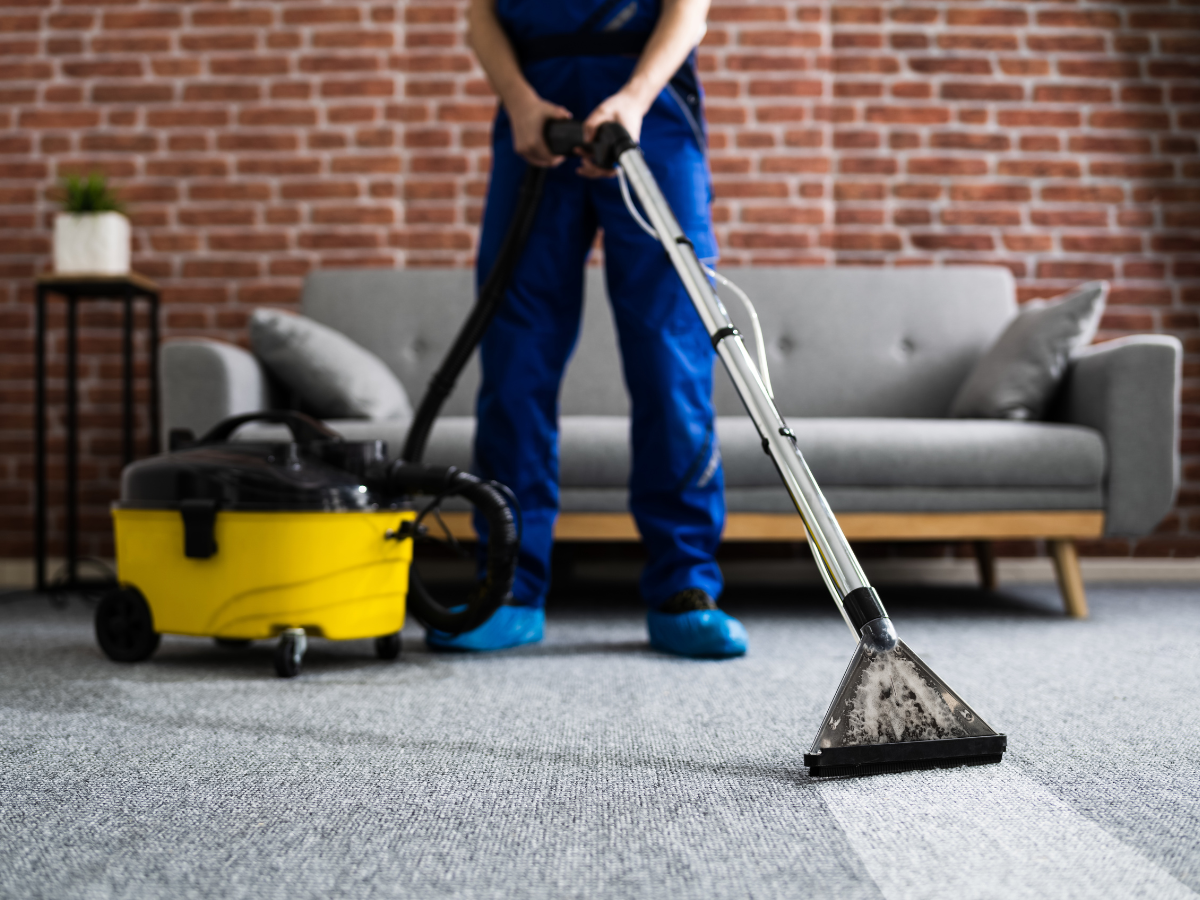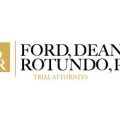OSHA regulations are essential for ensuring workplace safety, especially in industries that involve physical labor and potential hazards, such as carpet cleaning and installation in New York City. And, under OSHA regulations, workers have the right to a safe workplace and should be able to perform their duties without the risk of injury or illness. This means employers are legally obligated to provide an environment that’s free from recognized hazards that could cause death or serious harm. Employees also have the right to receive training in a language they understand, ensuring they are fully aware of the hazards and safety measures.
Non-compliance with OSHA regulations can lead to serious injuries. Employers may also be liable when they fail to uphold these standards. That’s why understanding these regulations is important for workers and employers alike.
What Is OSHA?
The Occupational Safety and Health Administration (OSHA) is a federal agency under the U.S. Department of Labor. OSHA was established in 1970 with the primary mission to ensure safe and healthful working conditions for employees. It set and enforced standards by providing training, outreach, education, and assistance. OSHA covers most private-sector employers and employees and some public-sector employers and workers in all 50 states.
By establishing regulations that reduce workplace hazards, OSHA seeks to prevent work-related injuries, illnesses, and fatalities. Compliance with these standards helps employers avoid significant legal repercussions.
OSHA conducts inspections and investigations to ensure compliance, and it offers consultations and cooperative programs to help employers improve their safety practices. One of OSHA’s key objectives is to reduce the incidence of workplace injuries, illnesses, and fatalities by promoting a culture of safety.
OSHA’s standards for general industry include the Hazard Communication Standard (HCS), which mandates that employers inform and train workers about hazardous chemicals in the workplace. OSHA also enforces standards related to machinery and machine guarding, electrical safety, and ergonomics.
Common Hazards in Carpet Cleaning and Installation
Carpet cleaning and installation involves strenuous physical labor. Heavy lifting may cause back strain, muscle tears, and other related injuries if not done correctly. Repetitive motions—like kneeling, cutting, and stretching carpet material—can result in repetitive strain injuries (RSIs) like tendonitis and carpal tunnel syndrome. To reduce these risks, OSHA recommends proper lifting techniques, such as bending the knees and keeping the back straight, and the use of mechanical aids like dollies and lifting. It’s also important for workers to take regular breaks and rotate tasks to reduce repetitive stress on specific muscle groups.
Carpet cleaning and installation often involve the use of various chemicals, including cleaning agents and adhesives, which can pose significant health risks if not handled properly. These substances can contain volatile organic compounds (VOCs) and other hazardous ingredients that can cause respiratory issues, skin irritation, and even long-term health problems like asthma or chemical burns. Proper ventilation is also necessary to dissipate harmful fumes and reduce inhalation risks.
Electrical hazards are a significant concern in carpet cleaning and installation, given the frequent use of power tools such as cutters, stretchers, and staplers. Improper use or faulty equipment can lead to severe injuries, including electric shocks, burns, and electrocution. OSHA mandates that all electrical tools and equipment must be regularly inspected and maintained to ensure they are in safe working condition.
Workers and supervisors must be trained to recognize and avoid electrical hazards, and workers should always use tools that are properly grounded or double-insulated. Extension cords and power strips must be used judiciously to prevent overloading circuits, and all electrical connections should be kept away from water to reduce the risk of electric shock.
OSHA Standards for Carpet Cleaners and Installers in NYC
Carpet cleaners and installers must adhere to both General Industry and Construction Standards set forth by OSHA, given the overlap in the nature of their work. The General Industry Standards cover a broad spectrum of safety requirements, including hazard communication, electrical safety, and ergonomics.
The Hazard Communication Standard (Hazcom or HCS) is one of OSHA’s key regulations applicable to carpet cleaners and installers. This standard ensures that information about the hazards and identities of chemicals used in the workplace is communicated to workers.
Employers are required to maintain a comprehensive hazard communication program, which includes proper labeling of chemical containers, maintaining Safety Data Sheets (SDS) for all hazardous chemicals, and providing effective training to employees. The training should cover how to interpret labels and SDS, the physical and health hazards of the chemicals, and the necessary precautions to protect themselves.
OSHA’s Personal Protective Equipment (PPE) Standard is designed to protect carpet cleaners and installers from various workplace hazards. This standard requires employers to conduct a hazard assessment to determine the necessary PPE for their workers. Common protective gear in carpet cleaning and installation includes gloves, safety glasses, knee pads, and respirators.
Employers must provide the appropriate PPE at no cost to the workers and ensure that it fits properly and is in good condition. Training is a necessary component of PPE safety. Employees need to know when PPE is necessary, how to wear it correctly, and how to maintain and dispose of it safely.
Our Construction Accident Attorneys Represent Injured NYC Carpet Workers
If you’ve been injured on-site while cleaning or installing a carpet, we can help. For over 50 years, the personal injury lawyers at Wingate, Russotti, Shapiro, Moses & Halperin, LLP, have been getting justice for New York City construction workers who have been injured while working. Our experienced litigators have won over a billion dollars in verdicts and settlements for our clients! And when you do a good job, people are going to notice. That’s why our firm has received high ratings from Avvo, Super Lawyers, Martindale-Hubbell, and U.S. News & World Report.
Schedule a FREE consultation with one of our NYC construction accident attorneys. Call Wingate, Russotti, Shapiro, Moses & Halperin, LLP, today at (212) 986-7353.




